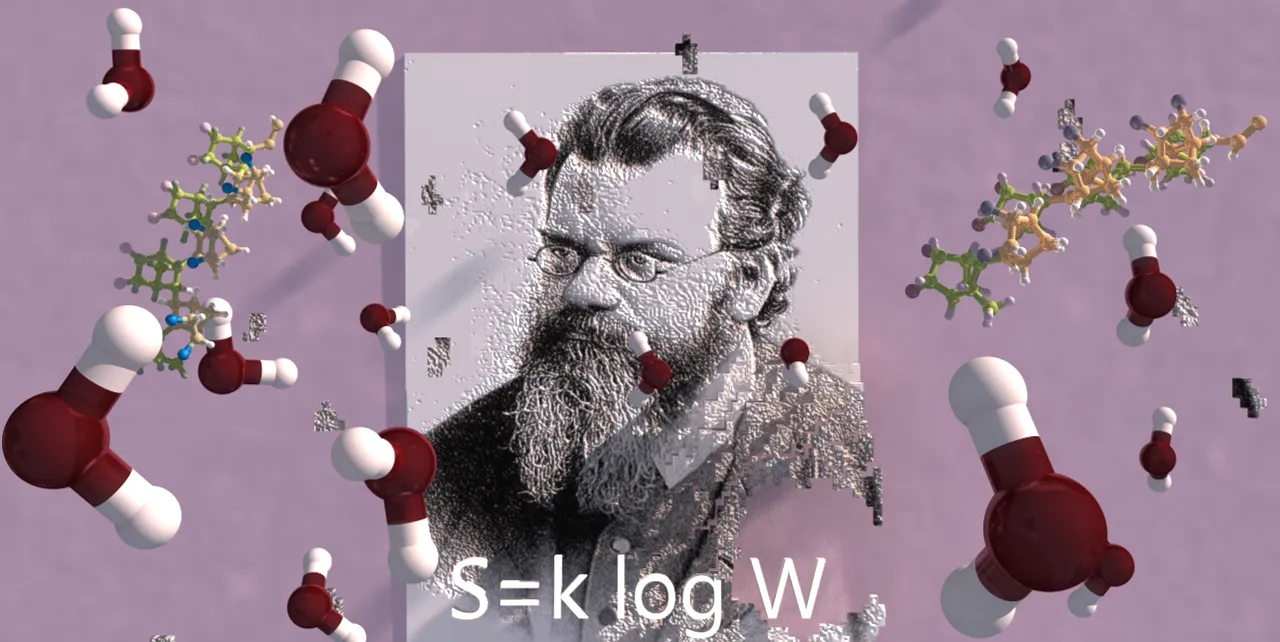Free Online Energy Courses and Certifications 2024
Energy is the ability to do work or cause change. It can take many forms, such as electrical, thermal, mechanical, chemical, and nuclear energy.
Popular Courses
















Energy Courses
What Are the Best Energy Certifications?
Energy Innovation and Emerging Technologies Program offered by Stanford School of Engineering on Stanford Online. This program examines emerging technologies, policies, economics and management practices that will transform how we obtain, distribute, store and use energy. It includes eight courses to choose from, covering topics such as renewable energy, energy storage, fossil fuels, energy efficiency, grid transformation and more. You need to complete any five courses to earn the certificate. You can enroll in individual courses for $395 each or in the all-access plan for $1,975 for one year.
Solar Energy Engineering certification offered by Delft University of Technology on edX. This certification covers the physics, design, analysis and integration of solar energy systems. It includes four courses that cover topics such as photovoltaic technology, solar thermal technology, system design and grid integration. You need to complete all four courses and pass the final exam to earn the certificate. You can enroll in the courses for free or pay $600 for the verified certificate.
Vskills Certified Clean Energy Professional offered by Vskills. This certification covers the basics of clean energy sources, technologies, policies and markets. It includes topics such as solar energy, wind energy, biomass energy, hydro energy, geothermal energy, hydrogen energy and more. You need to pass an online exam to earn the certificate. You can enroll in the certification for $99.
Frequently Asked Questions and Answers
Q1: How many types of energy is?
Energy is classified into six fundamental forms: chemical, electrical, radiant, mechanical, thermal, and nuclear. Additional forms, such as electrochemical, sound, electromagnetic, and others, may be mentioned in further research. Nevertheless, numerous other forms are essentially combinations of these six fundamental categories.
Q2: How is energy in science?
Energy is commonly defined as the "ability to do work, involving the capacity to exert a force resulting in the displacement of an object." Despite the perplexing nature of this definition, its essence remains straightforward: energy serves as the driving force behind movement. The concept of energy encompasses two distinct forms: potential energy and kinetic energy.
Q3: How is energy made?
The three major categories of energy for electricity generation are fossil fuels (coal, natural gas, and petroleum), nuclear energy, and renewable energy sources. The majority of electricity is generated through the utilization of steam turbines, which harness fossil fuels, nuclear energy, biomass, geothermal, and solar thermal energy.
Q4: What is the symbol for energy?
Power and Energy, in relation to mechanics, are commonly represented by the symbols P and E. Power has the dimensions [kg m2/s3], which is equivalent to the product of force and speed, also known as the Watt (W). On the other hand, Energy has the dimensions [kg m2/s2], which is the product of force and distance.
Q5: What is the purest form of energy?
Light, with its lack of mass, can be considered as pure energy. This energy is conserved in the form of momentum. When a photon collides with an atom, it acquires energy and nothing more, resulting in the disappearance of the photon.
Q6: What Energy courses can I find on AZ Class?
On this page, we have collected free or certified 49 Energy online courses from various platforms. The list currently only displays up to 50 items. If you have other needs, please contact us.
Q7: Can I learn Energy for free?
Yes, If you don’t know Energy, we recommend that you try free online courses, some of which offer certification (please refer to the latest list on the webpage as the standard). Wish you a good online learning experience!
ADVERTISEMENT
